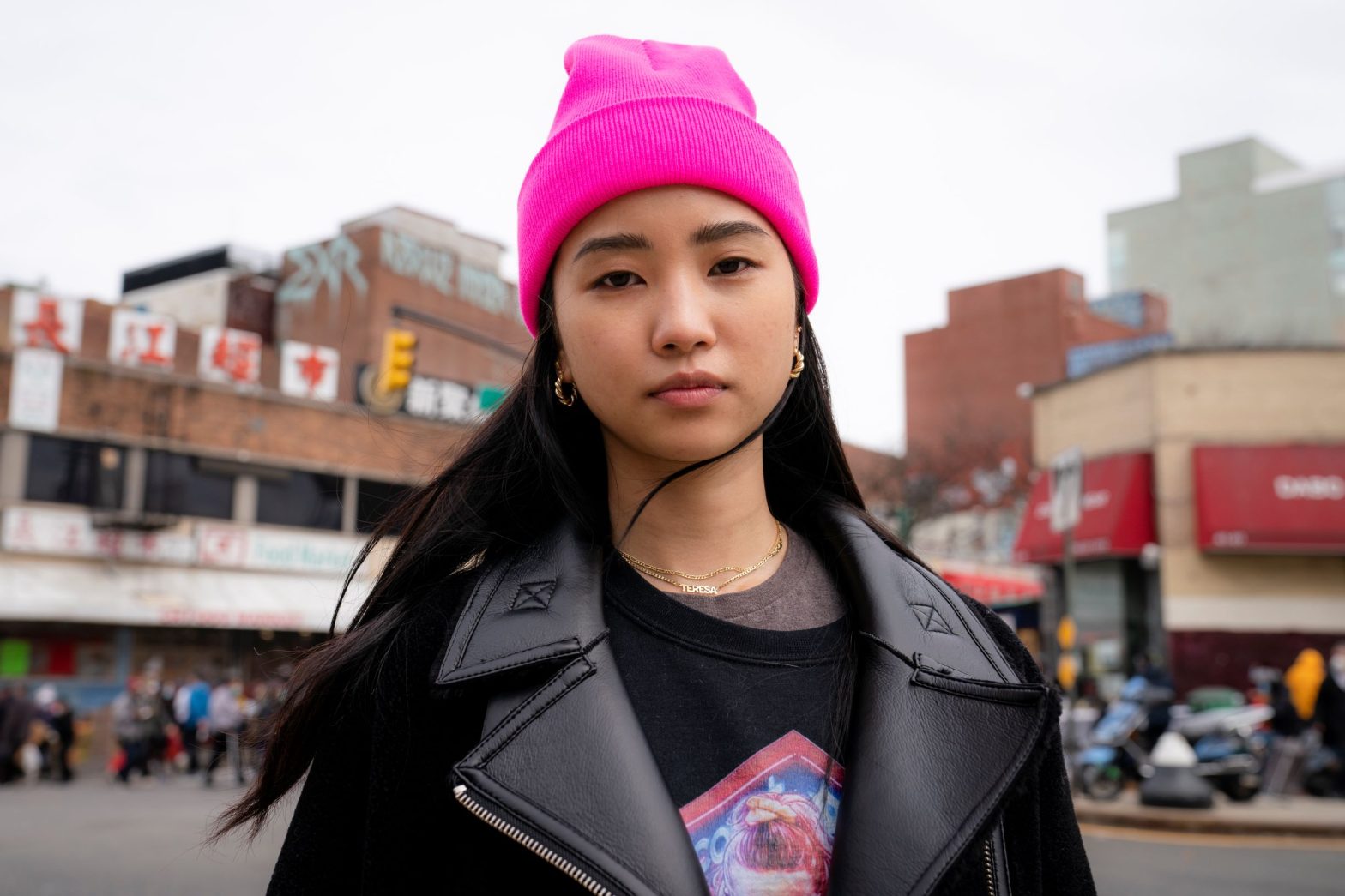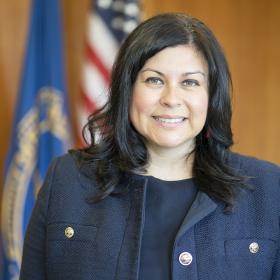Younger AAPI Taking the Helm to Combat Anti-Asian Violence

WASHINGTON DC — For Michigan State Sen. Stephanie Chang it has been hard to find words to explain the violence and senseless killings of the last several months to her mixed-race six-year-old daughter.
“She’s Asian and Black and I want her to be proud of every ounce of who she is,” Chang said.
At a discussion organized by the media company Axios, Chang admitted that the last year has been difficult not only for Black Americans but also an “emotional rollercoaster for so many in the Asian American community.”
Anti-Asian racism and violent attacks on Asians and Pacific Islanders have increased markedly in recent months. But while these incidents are largely attributed to rhetoric blaming Asian-Americans for pandemic-related distress, Pan-Asian advocates say this isn’t a new trend.
“It’s unfortunate that it took a mass shooting for the rest of America to wake up,” Chang said, “but it’s inspiring to see the amazing activism, especially from younger people.”
This generational activist divide may actually be the reason that despite historic atrocities, Asian American concerns are finally receiving national attention.
“The younger [Asian] generation is acting out much more — and is more outspoken — than their parents would have been,” said Axios Executive Editor Sara Kehaulani Goo. She described Asians, generally, as “a culture that doesn’t want to make a disturbance,” and said that past generations have been all about fitting in, assimilating, and not standing out.
But a generational shift is upon us according to Amanda Nguyen, founder and CEO of the social change incubator Rise.
“Younger AAPIs, I have noticed, feel like they are rightfully entitled to the Constitutional rights afforded to all Americans,” said Nguyen, who suggested that APPIs in the U.S. have been “systematically erased from the narrative,” excluded even in stories of the nation’s racial minorities.
“We must address unconscious bias,” she said. “At the heart of it is empathy. To combat what is going on… speak us into the consciousness of this country, because it matters.”
New efforts are being introduced not only to stop Asian hate but also to broaden coalitions between issues in multi-racial ways. This work especially focuses on concerns surrounding justice and equity, immigrant rights, reproductive rights, and even developing a standard definition of hate crimes.
“With the #StopAsianHate hashtag, you see a lot of new conversations happening,” said Linh Nguyen, executive director of RUN AAPI, a campaign for greater AAPI political representation and voting mobilization.
“For a lot of us political organizers, these conversations and the realization of what this looks like… we’ve known this for years, [but] xenophobia has manifested in such grotesque and violent ways,” said Nguyen.
Along with others in the discussion, she believes that visibility could be a starting point to combat hateful sentiment and encourage greater cultural tolerance. This includes more AAPI in Hollywood, mainstream media, and education that could change perception and dynamics.
And then there’s the potential galvanizing power that comes from having more AAPI in political office and active in government at every level.
“We’re still getting at the surface of what organizing needs to look like… we’re recognizing that the power of Asian Americans has only hit the tip of the iceberg,” said Nguyen.
As with Chang and her young daughter, Nguyen said the conversations are difficult but encourage growth and national change. “It’s such a complicated space for so many of us… [we] want to redefine what it means to be Asian in America today.”
























